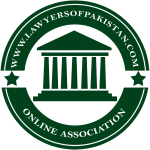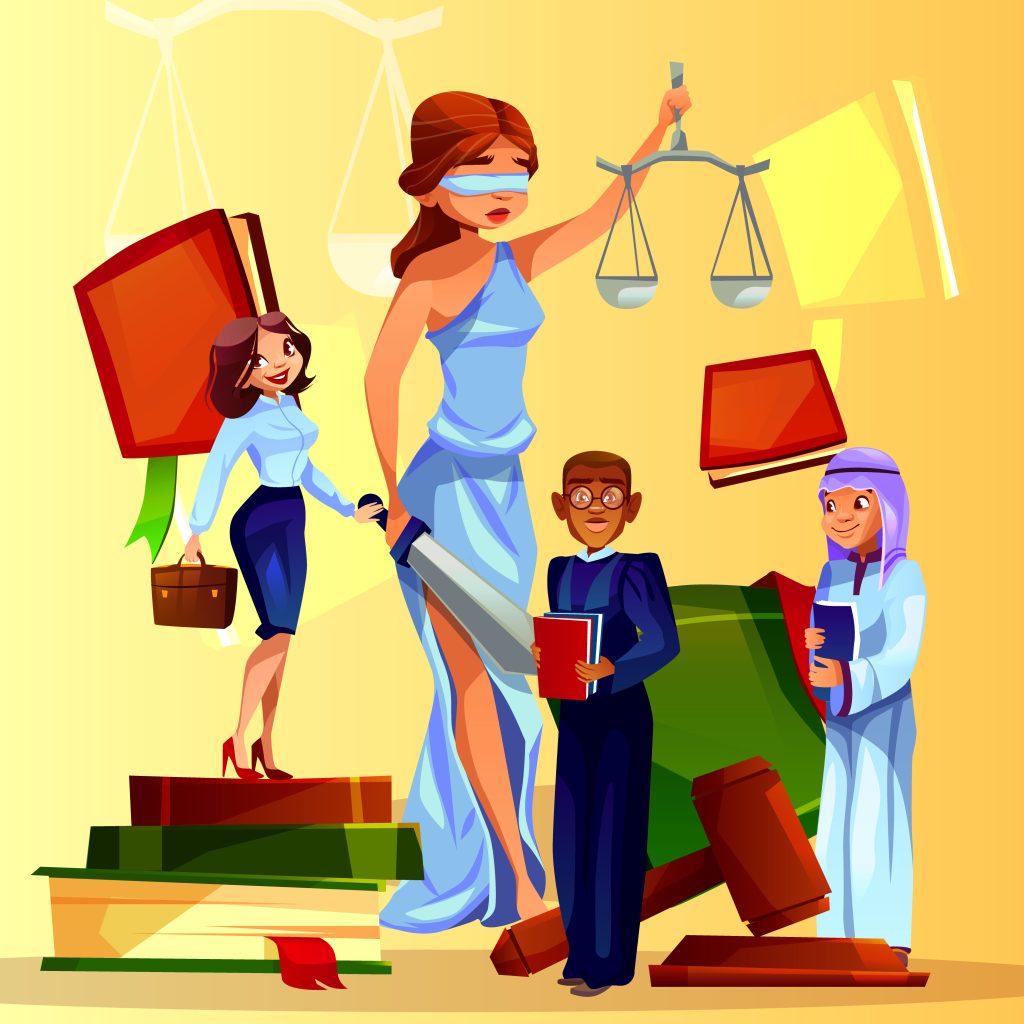What are the Legal Rights of Citizens in Pakistan: A Comprehensive Guide
In Pakistan, every citizen is entitled to certain fundamental rights guaranteed by the Constitution of Pakistan. These rights serve as the cornerstone of a just and equitable society, ensuring that every individual is treated fairly and equally under the law. Understanding these rights is crucial for every citizen to navigate the legal landscape effectively and safeguard their liberties. This article aims to provide a comprehensive overview of the legal rights of citizens in Pakistan, empowering individuals with knowledge to assert and protect their rights.
- Right to Equality: The Constitution of Pakistan enshrines the principle of equality before the law. Every citizen, regardless of their race, religion, caste, or gender, is entitled to equal protection and treatment under the law. Discrimination on any grounds is prohibited, and the state is mandated to ensure equality of opportunity for all citizens.
- Right to Freedom of Speech and Expression: Freedom of speech and expression is a fundamental right guaranteed to every citizen in Pakistan. Individuals have the right to express their opinions, thoughts, and beliefs freely, subject to reasonable restrictions imposed by law in the interest of the sovereignty, integrity, and security of Pakistan, friendly relations with foreign states, public order, decency, or morality.
- Right to Freedom of Religion: Pakistan is a country with diverse religious communities, and the Constitution guarantees the right to freedom of religion to all citizens. Every individual has the right to profess, practice, and propagate their religion freely, subject to the law and public order.
- Right to Due Process and Fair Trial: The right to due process and fair trial is a cornerstone of justice in Pakistan. Every citizen accused of a crime is entitled to a fair and impartial trial before a competent court of law. This includes the right to legal representation, the presumption of innocence until proven guilty, and protection against arbitrary arrest and detention.
Right to Privacy: Privacy is a fundamental human right recognized and protected by the Constitution of Pakistan. Every citizen has the right to privacy of their person, home, correspondence, and communications. Any infringement upon this right must be justified by law and necessary in a democratic society. - Right to Education: Education is a fundamental right essential for the development and progress of individuals and society. The Constitution of Pakistan guarantees free and compulsory education to all children between the ages of five and sixteen years. The state is responsible for ensuring the provision of quality education and eliminating disparities in access to education.
- Right to Property: The right to property is protected by law in Pakistan. Every citizen has the right to acquire, possess, and dispose of property freely, subject to reasonable restrictions imposed by law in the public interest.
- Right to Access to Justice: Access to justice is a fundamental right essential for the protection and enforcement of all other rights. Every citizen has the right to access to justice and legal remedies through a fair, transparent, and efficient judicial system.
The legal rights of citizens in Pakistan are enshrined in the Constitution and upheld by the judiciary. These rights serve as the foundation of a democratic and just society, ensuring that every individual is treated with dignity, respect, and equality before the law. It is incumbent upon both the state and citizens to uphold and protect these rights, fostering a culture of justice, fairness, and inclusivity in Pakistan. By understanding and asserting their legal rights, citizens can actively participate in the democratic process and contribute to the advancement of a rights-based society.
Feel free to reach out to us via WhatsApp at +923362418786 for any inquiries regarding your legal concerns. We’re here to provide assistance and support.

